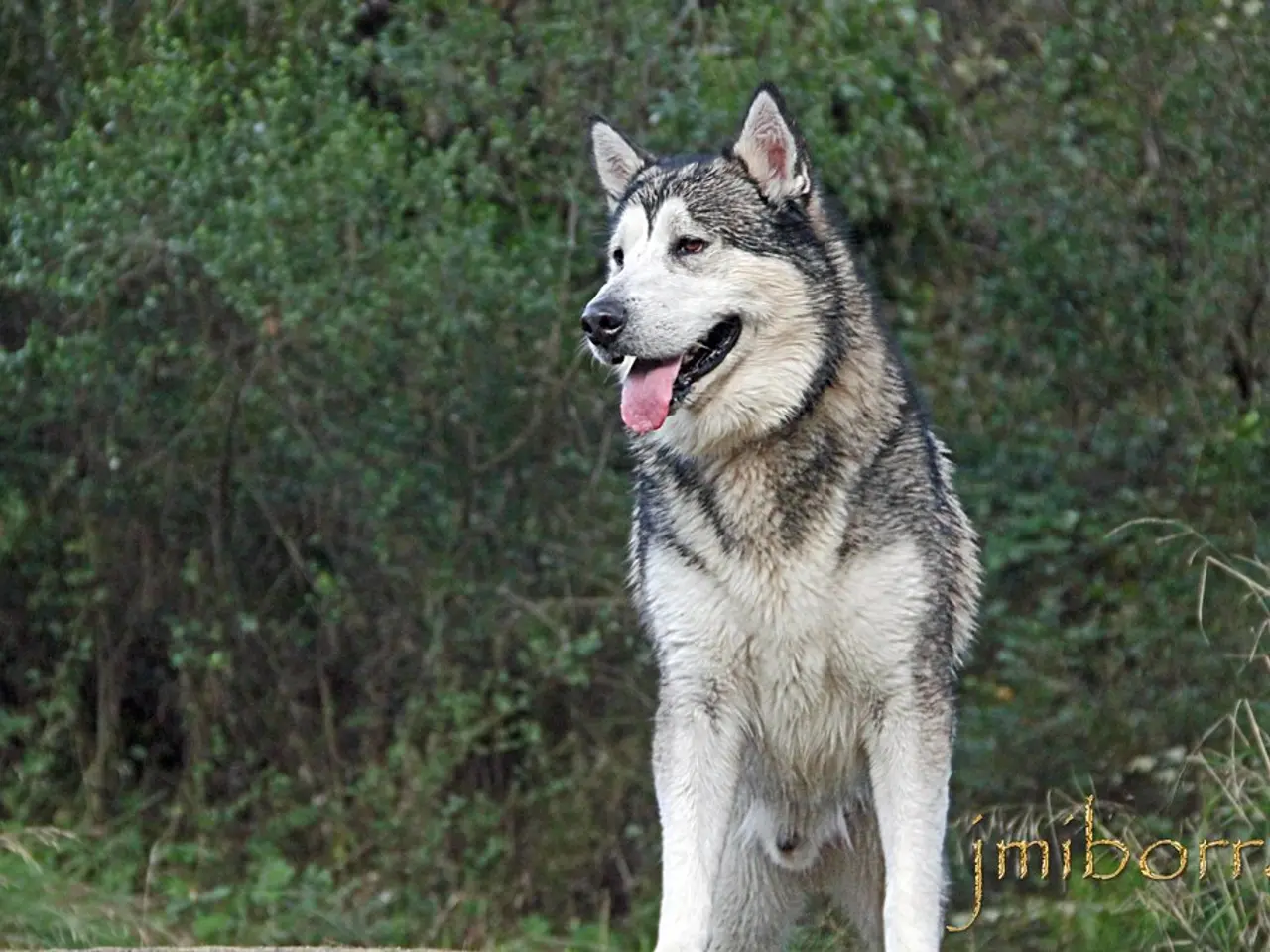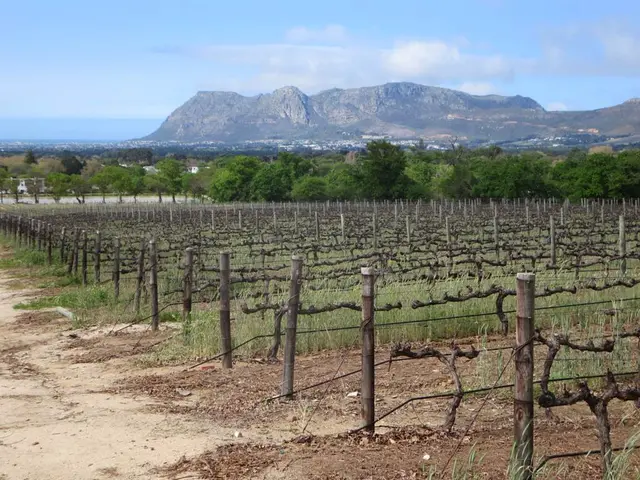Wolves' predation on livestock is now strictly regulated across North Rhine-Westphalia, ensuring safeguards for herds throughout the region.
Expanded Financial Support for Wolf Protection in North Rhine-Westphalia
In North Rhine-Westphalia (NRW), the scope of financial support for wolf protection measures has expanded, now covering the entire state. This development aims to safeguard livestock from wolf predation and balance the needs of species protection with agricultural concerns.
Previously, only about half of the state benefited from these support measures. However, the latest announcement by NRW Minister of the Environment Oliver Krischer signals a significant shift. Krischer highlighted that wandering wolves can traverse more than 50 kilometers in a single day, underscoring the need for comprehensive protection.
The expanded support includes reimbursement or subsidies for the installation of protective fences, including wolf-proof electric fences, and assistance for keeping herding dogs. These measures are designed to deter wolves and prevent them from attacking livestock.
In 2025, up to one million euros will be allocated for herd protection measures. Last year, NRW paid over 45,800 euros in compensation for 80 attacks on farm animals, and the year before, the figure was around 570,000 euros for 136 cases. Compensation for damages caused by wolf attacks will continue to be paid throughout the state.
Effective herd protection is crucial to protect animals and prevent wolves from learning to attack farm animals. The Agriculture Chamber of NRW offers free consultation on possible protective measures for all pasture animal keepers.
It is important to note that a transition period of one year is in place for comprehensive herd protection. During this period, compensation for wolf attacks will only be granted if basic protection is in place. This transition period was also implemented in the already established wolf areas.
In 2024, over 812,000 euros were distributed among 180 cases for preventive measures, such as the construction of wolf-proof fences. A total of 379 farm animals were injured in wolf attacks last year, with about 95% being sheep.
Currently, there are four wolf packs in NRW. For precise funding rates, eligibility criteria, and application procedures in NRW, stakeholders are advised to refer to the Ministry for Environment, Agriculture and Consumer Protection of North Rhine-Westphalia or collaborate with regional wildlife conservation organizations.
The Federal Documentation and Consultation Centre for the Wolf (DBBW) compiled the data. It is advisable to consult official North Rhine-Westphalia government sources or related conservation funding bodies for up-to-date and region-specific rules. An application for herd protection funding can still be submitted after the deadline.
Investments in environmental science, particularly in the field of environmental-science related to wolves, are growing with the expanded financial support for wolf protection measures in North Rhine-Westphalia. Concurrently, businesses in the agricultural sector are increasingly turning their attention to finance, seeking viable options for safeguarding livestock from predation while adhering to environmental regulations and wildlife protection laws.




